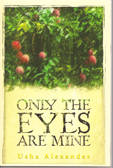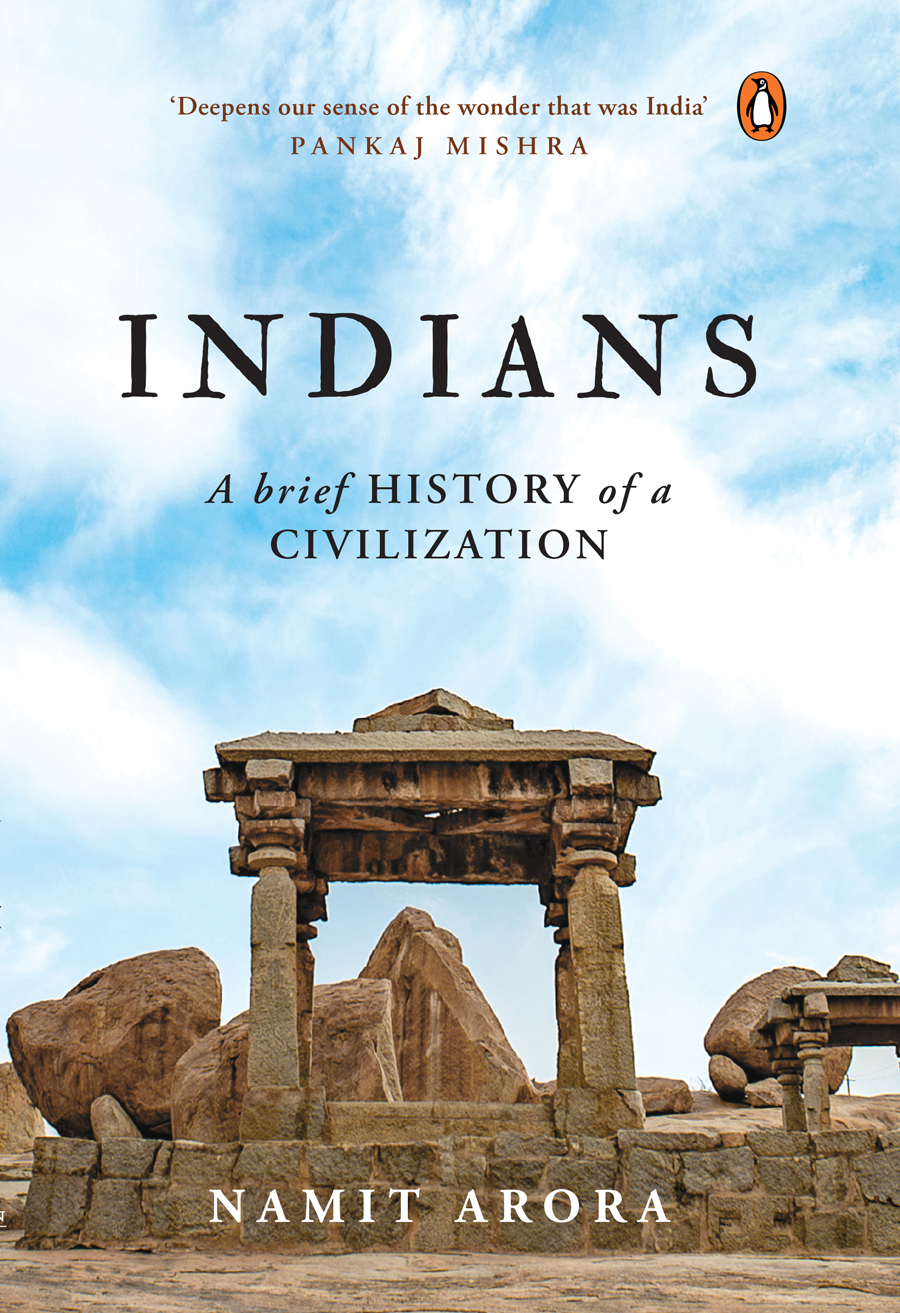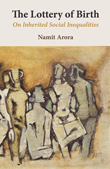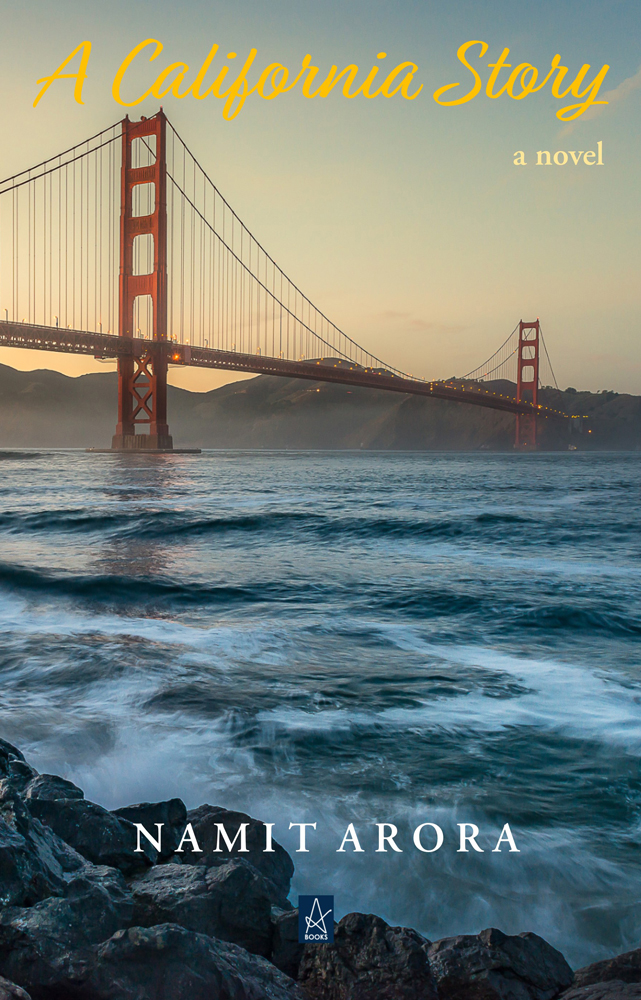Mozambique
(From a journey to Mozambique, Malawi, and Zambia, Sep/Oct 2015.)
We began our journey in Mozambique on the southeastern coast of Africa. It’s a huge, sparsely populated country of 25 million people, with the greatest density being spread out along its 1,500 miles of stunning, tropical coastline. The south, which includes the capital of Maputo, is the region of greatest development, economic activity, and settlement. With large populations of both Christians and Muslims, Mozambique is famous for the long amity between these communities. Portuguese is the lingua franca among a host of native languages.
Mozambique holds the distinction of having had the longest experience of European colonialism on the African continent, beginning hardly a decade after the first European ships rounded the Cape of Good Hope in 1497. Here the Portuguese stumbled upon the bustling world of Indian Ocean trade, which had already been plying for centuries. Determined to dominate it, they conquered one of its robust island trading ports and built a permanent settlement by 1507. The island, called Mozambique after its reigning sultan, Ali Musa Mbiki, would become the first capital of colonial Portuguese East Africa, which grew from there. For over 450 years, Portugal administered its colony with overtly racist policies and little concern for its development.
This long engagement with Europe has left its mark most obviously for today’s visitor in Mozambican cuisine, both in the unique fusion that today makes up Mozambican food, as well in introducing the many European and New World foods that entered the common diet. Most significant of these is corn (maize), which revolutionized African agriculture and quickly became the primary staple food across Southern Africa. The Portuguese also introduced the cashew nut, which is today a major export crop and readily available as a street food, along with the chili pepper, which was nativized to become the peri-peri pepper, used to make the hot sauces that are a table-top staple across the region, to name but a few examples.
Mozambique won its war of independence from Portugal in 1975 and set about building a communist government, but was soon engulfed in another horrendous, 16 year war—in part a civil war, in part a proxy war fueled by South Africa, Rhodesia, the Soviet Union, and the USA as another front of the Cold War—that handicapped its development and helped to keep it one of the absolutely poorest nations on earth.
The country has come a great distance since the days of the war and today it bears an undeniably optimistic outlook toward the future. Especially in Maputo, where its rapidly growing economy is anchored, there’s a sense of hope and possibility, a belief that the country can be drawn upwards from its past. In and around Maputo, a thoroughly modern city, infrastructure development appears to be going strong, aided enormously by China, which has won for itself rights to newly discovered oil fields in the north. But it must be said that not all Mozambicans are on board with the trade-offs being made, and fear their country is being sold off at a pittance. Public education and healthcare suffer miserably; any Mozambican with any means plans on a trip at least to South Africa, India, or further afield to receive medical care or opportunities for higher education. [—Usha Alexander, October 2015]
Glimpses of Mozambique: A video documentary (18 minutes).
Designed in collaboration with Vitalect, Inc. All rights reserved. |
















